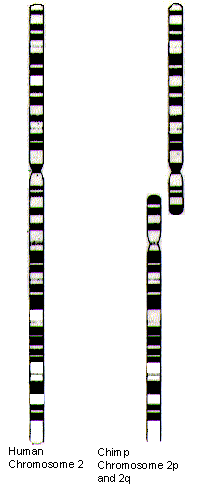No, they had a common ancestor. And both were adapted by natural selection to the same environment, over hundreds of thousands of years.
True.
No, evolution is always toward greater complexity or efficiency.
Reverse evolution is "devolution" (descent or degeneration to a lower or worse state).
I agree I agree, but note that most large mutations (such as the fusion of human chromosome 2) are rare. The most common evolutionary changes are due to other factors, such as gradual genetic drift (very small mutations) over long periods of time.
Evolutionary processes:
http://www.uvm.edu/~lehiggin/teaching/bio1/evol_process.html
No, that is using the wrong interpretation of the data. New species emerge everyday also.
Example: new strains of Covid, and growing exponentially (genetic drift)
No species have no specific growth rate. Populations do.
Examples : Mankind, Insects, Bacteria and Viruses.
That may be true but the ones that experience steady growth of any percentage will grow exponentially in numbers.
Example: Human population is growing @
+ 1 %, which means a doubling every 70 years. 8 billion today, 16 billion in 70 years, 32 billion in 140 years (watch the Professor Albert Bartlett lecture on the exponential function)
Numbers of Insects (Species and Individuals)
https://www.si.edu/spotlight/buginfo/bugnos
Nooo, quite the opposite.
As the Hellstrom Chronicle posits: there are two species that are definitely on the increase; Humans and Insects.
a) Humans, because we can control our environment to some extent.
b) Insects, because they can adapt to anything we do to the environment.



